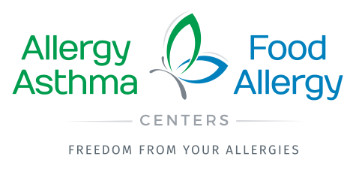Penicillin allergy has periodically been on the news- see video below. Penicillin Allergy Day is September 28, which is the day the Sir Sir Alexander Fleming discovered penicillin in 1928. Penicillin antibiotics are safe and effective. These important medications are often not used due to people having a diagnosis of penicillin allergy, and individuals with with penicillin allergy labels are at risk for suboptimal treatment with antibiotics, poorer clinical outcomes, drug-resistant infections, and adverse drug events. While about 10% of the US population (~32 million people) think they have penicillin allergy, more than 90% of those individuals can take penicillins safely. The incorrect labeling of penicillin allergy leads to the use of more expensive, more potent antibiotics. Risk for penicillin allergy can be broken down as follows:
- Low risk- those whose reactions have been limited to nausea, vomiting, diarrhea, or itching without rash as well as those who may only have a family history but no personal history of penicillin allergy. In addition, individuals who have a very distant history (over 10 years ago) or have had unknown reactions are also at low risk.
- Moderate risk- those who have had hives or other itchy rashes or other features suggestive of an allergic reaction
- High risk- those who have had anaphylaxis (life threatening allergic reaction), recurrent reactions to penicillins, positive testing, or multiple allergies to drugs related to penicillins
Evaluation by one of our board certified allergists can help identify people who truly have penicillin allergy. Here at Allergy Asthma Food Allergy Centers, we can help determine whether or not you or a loved one are truly allergic to penicillin through penicillin testing and or office based challenges to penicillin antibiotics. Contact our office to schedule an appointment.
Today Show Penicillin Allergy Story
Updated 9/27/2021
